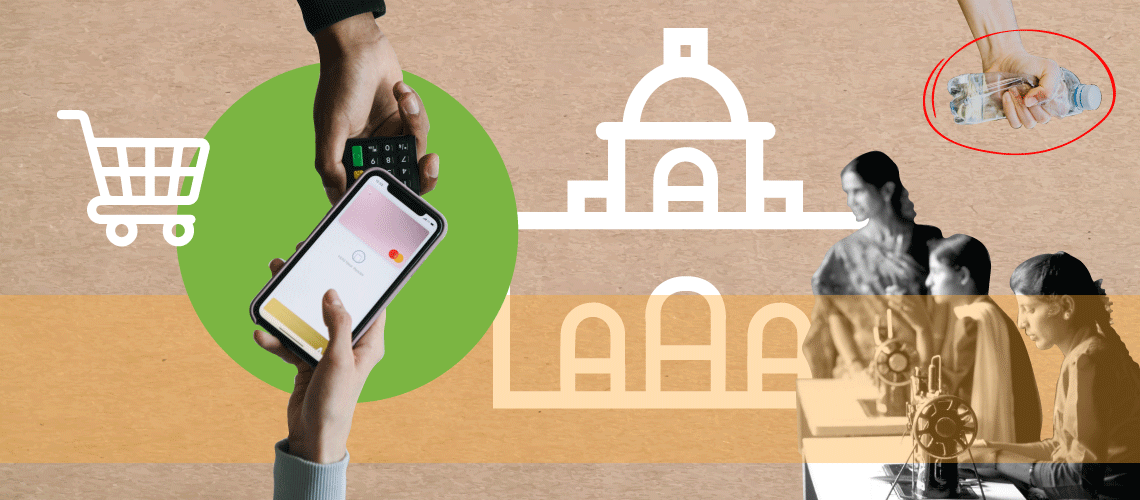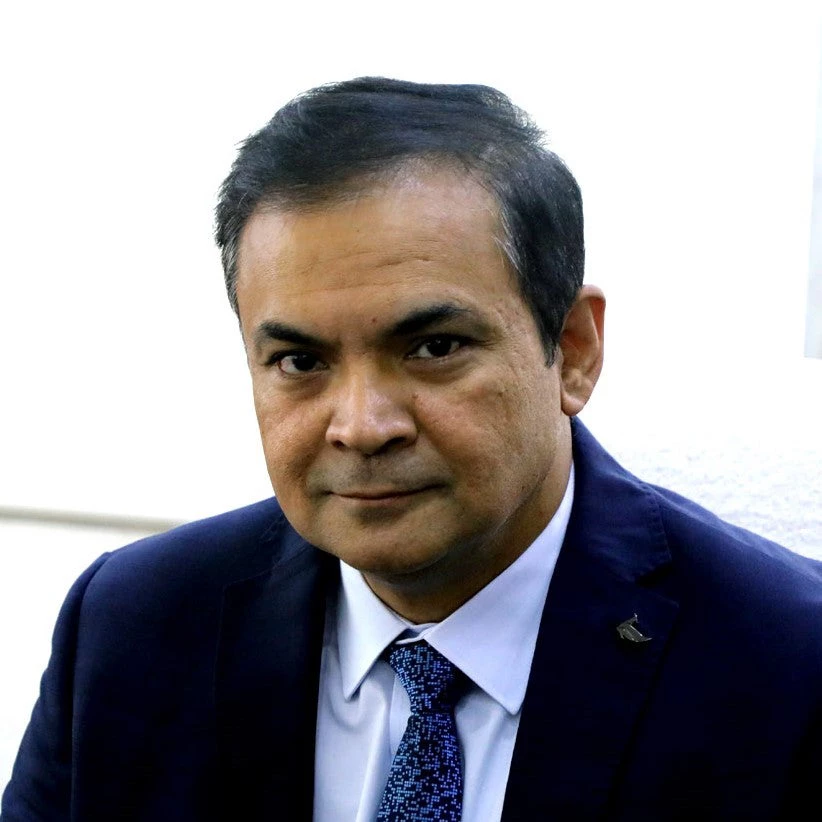 India's Government E-Marketplace
India's Government E-Marketplace
Governments worldwide spend up to 20% of their GDP on public procurement. Using this money efficiently is crucial for economic development, minimizing environmental impacts, and maximizing social outcomes. With an estimated GDP of $3.53 trillion, India's procurement spending or the process to purchase goods and services, is roughly $700 billion which provides an opportunity to support sustainable development.
Effective sustainable development supports the needs of the present without compromising future generations’ economic, social and environmental needs. Sustainable procurement is thus a process that incorporates development sustainability considerations throughout the purchasing of goods and services to achieve optimal Value for Money (VfM) in delivering positive development outcomes.
Government e-Marketplace (GeM) was set up in 2016 to help streamline procurement of commonly used items in a paperless cashless way with minimal human interface. In 2021-22, the platform's turnover gross merchandise value was around US $12.50 billion, and it is expected to double this year.
We share here some areas how technology is contributing to promoting sustainable procurement:
- Boosting Micro and Small Enterprises (MSE) participation in government tenders by raising awareness about business opportunities, realization of payments, and simplifying the documentation required. Unique features that GeM offers include filtering out non-MSE suppliers while placing orders; seamless integration with treasury and public finance management systems of buyers, which ensures placement of orders only after the proposed contract amount is blocked and prompt release of payment immediately after the items are delivered. More than half of the orders have been placed with MSE suppliers which was lauded recently by India’s Prime Minister, Narendra Modi.
- Increasing participation and training for women-led businesses and Self-Help Groups (SHG). Over 130,000 women-led businesses are registered on the GeM portal, with more than 570,000 fulfilled orders totaling $ 1.34 billion in gross merchandise value.
- Promoting Green Procurement by targeting and prioritizing the listing and availability of environmentally sustainable products and services. GeM focuses on the following three ways to encourage recycling and reusing:
- Making the procurement process digital and paperless by eliminating the need to submit printed bids in person. In studies conducted by GeM, the buyers and sellers have reported substantial savings in costs for printing, tender advertising, and travel. Since its inception, the portal is estimated to have saved up to 550 million paper sheets.
- GeM is developing "green" products and services categories in partnership with United Nations Environment Programme (UNEP), The Energy and Resource Institute (TERI) & other Indian and global agencies. For example, GeM launched Green Air Conditioners, Eco-mark paper (from agro-based and recycled fiber-based raw materials), and bamboo-based products. Filters have been created to help government buyers identify solar-powered renewable products and battery-powered e-vehicles. GeM also offers water and energy conservation and audit services, plus waste management services.
- “Green Transition Service” which is in the works allows buyers to achieve carbon neutrality and aim for having net zero carbon emissions in their operations.
Other sustainable features that promote reuse, recycling, and green buying are the “Forward auction” which provides opportunities for government organizations to auction away fully depreciated and/or obsolete assets. The “buyback option” is presently available in 37+ product categories. Saving from these initiatives is yet to be sized, but the expected impact on circularity is enormous. Prime Minister Modi is leading on this. The World Bank-financed projects in India also benefited from the use of GeM , as it has become one of the major sources of commonly used items due to ease of access and smooth order fulfillment.
Going forward, GeM plans to increase its share of environment-friendly products and related services on its marketplace. It also aims to continue supporting MSE and Women suppliers to list their products and services on the platform. Thus GeM is not only streamlining procurement by eliminating cumbersome processes and promoting transparency, but also helping in sustainable development. This may thus be is a good role model to emulate for other countries.



Join the Conversation